#EU
Rare Rides: The 1990 Aston Martin Virage - End of Aston Independence
The Rare Rides series featured a vintage Aston Martin once before, when we took a look at the luxurious Lagonda sedan from 1984. Today we move forward in history a few years to see a luxurious, large coupe that’s more along the lines of what you’d expect from the Aston Martin brand.
It’s a Virage, from 1990.
European Union May Not Be Unified On Emission Regulations After All
With California and the Trump administration squabbling over vehicle emissions, it’s easy to assume that Europe’s green initiatives are progressing trouble free. In truth, things are a little more complicated. Europe has come together to endorse tougher emissions rules but one of its member states appears to be reaching its breaking point. Unsurprisingly, it’s the one that builds the most automobiles.
Earlier in the week, EU environment ministers announced a need for countries to decide on reduction targets for the foreseeable future. Germany has endorsed a proposed target for a 30-percent reduction by 2030, compared to 2021 levels. However, France and several other nations are pushing for a stricter 40-percent limit while Austria wants to see 35-percent reductions. Although, the most interesting thing about this is how closely Deutschland’s arguments for softer standards are to America’s.
EU Launches Emissions Collusion Investigation Against German Automakers
Roughly one year ago, German automakers were confronted with a crisis. Following Volkswagen’s diesel emissions fiasco, European antitrust regulators became suspicious that BMW, Daimler, and VW Group were involved in a longstanding automotive cartel that cooperated on decisions regarding technical issues, development, supplier management, and illegal price fixing. Investigators were also concerned manufacturers worked together to standardize diesel treatment fluid (AdBlue) reservoirs to reduce exhaust emissions, then encouraged each other to cheat on emissions tests when they were deemed insufficient.
This resulted in a series of raids and then almost a full year of silence on the matter. However, if Volkswagen’s dieselgate has taught us anything, it’s that German authorities prefer a snail’s pace when pursuing a criminal probe.
Apparently unsatisfied with the initial findings, the European Commission opened an in-depth and official investigation on Tuesday against the “circle of five,” a group that includes Audi, VW, Porsche, Daimler, and BMW. The quintet is accused of holding meetings where they colluded to limit the development and application of certain emissions control systems for cars sold in Europe. There’s also an accusation of price fixing.
Rare Rides: A 1991 Maserati Shamal - Sporty, and Very Square
In the 1990s, nobody in North America spent much (any?) time thinking about Maserati products. So you’d be forgiven if today’s Rare Ride slipped from your fond early-90s memories long ago.
It’s the Shamal, and it’s a bit homely.
Rare Rides: The 1970 Monteverdi High Speed 375/4 - Mountains of Swiss Luxury
In the mountainous country of Switzerland, there once existed a company called Monteverdi. And for a few decades, it built luxurious and sporty coupes and sedans for a very wealthy clientele. Today’s Rare Ride is the first sedan offering from that company. It’s a High Speed 375/4, from 1970.
Britain's Auto Industry Foresees Doom Without EU Deal Before Hard Brexit
Mike Hawes, chief executive of the Society of Motor Manufacturers and Traders (SMMT), Britain’s main industry group, claims automakers were becoming increasingly concerned with the nation’s departure from the European Union. Prime Minister Theresa May wants a solution that would allow Britain to maintain strong trade ties with the EU while allowing her country to maintain autonomy, but hasn’t found much success.
U.S. President Donald Trump claims a deal with the United Kingdom is absolutely possible, saying the relationship between the two countries is “the highest level of special” late last month. But he also noted that the EU would complicated matters if Britain adhered to its trade laws after Brexit, which is just eight months away.
The European Union doesn’t seem to want to let Britain go, and is nudging the country to stick to its rules by not venturing out to make its own trade arrangements. Critics say this effectively makes the island nation a “vassal state” to the EU, completely defeating the point of Brexit. However, many are fearful that leaving the union and ignoring its mandates could have negative repercussions in the long term — especially in regard to finance and trade.
Germany to Cities: Go Nuts With the Diesel Bans, Starting Now
It’s open season on compression ignition vehicles in the Fatherland. The birthplace of the diesel engine now says German cities can implement diesel driving bans whenever, and wherever, they want.
The Friday ruling by the country’s top court comes after a lawsuit against Germany and four other European Union member states by the EU, the result of higher-than-allowed air pollution levels in numerous urban areas.
“Thanks, dad,” the country’s auto industry must be thinking.
German Court Says Towns Can Officially Ban Diesel Vehicles Whenever They Want
Thanks to years of governmental promotion, Europe is still awash with diesel-powered passenger vehicles. However, in the wake of emission scandals and research suggesting diesel fumes might not be all that great to inhale, the region has changed its mind. It has gotten to a point where entire countries are now aiming to ban all internal combustion engines as local municipalities try to put the kibosh on diesels as soon as possible.
In Germany, birthplace of the diesel engine, this led to many asking if towns even had the right to regulate what people drove. According to a recent ruling from the nation’s highest administrative court, they absolutely do. With a precedent now set in Europe’s auto manufacturing hub, citywide diesel bans are likely to catch on — not only in Germany, but across the continent. Our condolences if you’re living east of the Atlantic and wanted to sell your diesel secondhand.
Can Automakers Convince Germany to Skip the Pending Diesel Bans?
Europe’s love affair with diesel engines is fading faster than a VHS tape left sitting beneath the summer sun in a car’s rear window. Encouraged by automakers, European governments incentivized diesel cars in the 1990s by taxing them at a far lower rate and suppressing the price of the fuel they burned. Studies came out claiming that diesel’s below-average CO2 emissions could even help with air quality. By 2012, diesel models made up 55 percent of Europe’s passenger vehicle market.
Things certainly have changed. Now concerned primarily with smog-producing NOx output, health and safety advocates have called diesel a menace to society. The EU has been pressing automakers to abandon the fuel by adopting much more restrictive emissions regulations for passenger cars. Volkswagen’s emission scandal further complicated things, prompting cities to call for a total ban on certain vehicles.
However, Germany still has to decide whether the mandates are even legal — and the decision comes this Thursday.
Germany and Italy Oppose Stiffer European Car Approval Rules
Italy and Germany are opposing attempts to give the European Union more authority over the way national car regulators approve new cars for sale. As wild as it is to learn that Germany is standing in the way of stricter automotive regulation and oversight, allow us to assure you that you’ve not misread the above statement. For some reason, Deutschland doesn’t want to see enhanced industry surveillance.
Our best guess is that the opposition has something to do with Volkswagen Group’s diesel crisis, recent concerns that BMW may have utilized a “shut off” device that masked NOx emissions, and the ongoing investigation into a German automotive cartel that may have operated for decades. But there’s also a chance these automakers simply don’t want to deal with the red tape that comes along with piling on government oversight.
FCA: Under Investigation and in Dutch With Europe
Emission probes have been in fashion for a couple of years now, especially in Europe. In France, the most recent target is FCA. Fiat Chrysler Automobiles is currently under a judicial investigation as to whether or not it misled customers and cheated during emissions testing.
Though the terms of probe are unclear, a letter from the French magistrate kicked off the new investigation earlier this month. In the letter, the head of the investigation says the suspected emissions cheating dates back as early as September 2009, and involves the Fiat, Alfa Romeo, and Jeep brands. FCA is also under investigation in the United States over possible emissions cheating with its light-duty diesel truck engines.
Germany Forced to Appear Proactive as Anti-diesel Prejudice Swells in Europe
With Paris, Madrid, Athens, and Mexico City all pledging to ban diesel vehicles from entry within the next few years, the fuel’s future doesn’t look particularly bright. While citywide bans like these are becoming increasingly popular in Europe, diesel vehicles still account for almost half of the continent’s registered vehicles.
Germany, which has been speedily moving away from the fuel since Volkswagen’s emissions fiasco, provided more than its fair share of those diesel-powered models. It’s been mulling over how to handle it’s own regulatory matters pertaining to the fuel and the rest of the European Union’s intense pressure doesn’t seem to have fazed it.
Instead of enacting the same transportation ban on diesel vehicles as seen in Paris, Germany has decided to furnish its automakers with the opportunity to clean up their act. Industry officials and politicians have agreed to implement software updates on existing vehicles specifically to keep them eligible for operation within major metropolitan areas. Considering Mercedes-Benz just offered to “voluntarily” recall 3 million Euro-spec cars fitted with diesel engines, that’s incredibly good timing. Likewise, Volkswagen Group claims it will update 850,000 Porsche and Audi vehicles equipped with larger diesel motors.
Volvo Won't Pursue Diesel Development Any Further Than It Already Has
Volvo Cars is prepared to lower the curtain on diesel engines. Rising standards for nitrogen oxide emissions — and the cost associated with reducing them — has guided the automaker away from oil burners and into the loving arms of gasoline. “From today’s perspective, we will not develop any more new generation diesel engines,” CEO Hakan Samuelsson told Germany’s Frankfurter Allgemeine Zeitung.
That is not to suggest Volvo won’t get some serious mileage out of its last batch of diesels, though. The automaker has no plans to abandon the motors outright, suggesting it could march onward with its current lineup for at least a few more years. Diesels would also help Volvo meet corporate fuel economy targets while it gets new super-economical electric powerplants ready for market.
SUV Popularity Isn't Exclusive to North America; Crossovers Are Now 25 Percent of Europe's Market
Europe always seemed like a safe haven for the sort of car lover who turns up their nose over North America’s obsession with the sport utility vehicle. That’s now changing, as European demand for SUVs and crossovers continued to grow in 2016. While it may have a penchance for slightly smaller models, the EU saw disproportionately high sales of compact crossovers last year.
In total, SUV sales accounted for 25 percent of all European passenger vehicle sales in 2016 — up from 21 percent the previous year. That doesn’t quite equal the United States’ fervent addiction but, if the European Union keeps this pace, it’ll be less than a decade before it closes the gap.
Bad News for Sergio: Brexit Catapults Fiat Chrysler Off Key Stock List
After Britain referendumed themselves right out of the European Union last week, there was plenty of talk about how the country’s automakers would fare in the wake of the Brexit.
But what about an Italian-American automaker? Today, investment bank Goldman Sachs removed Fiat Chrysler Automobiles from their “conviction” buy list, citing uncertainty over the fate of the EU, Bloomberg reports.



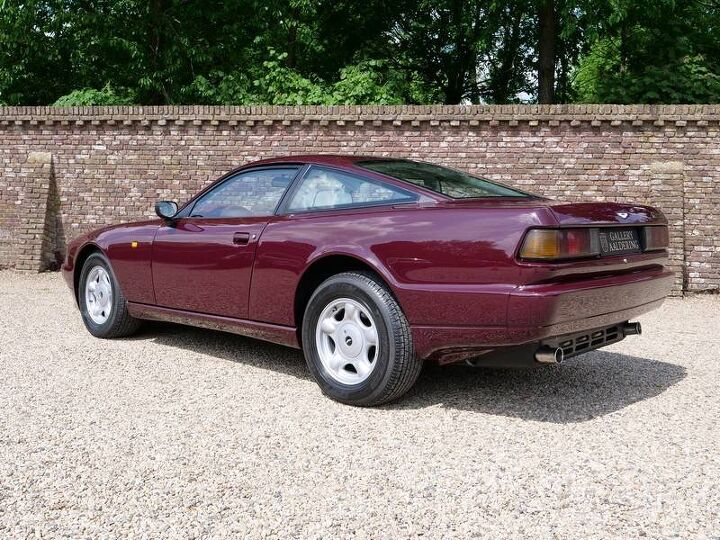


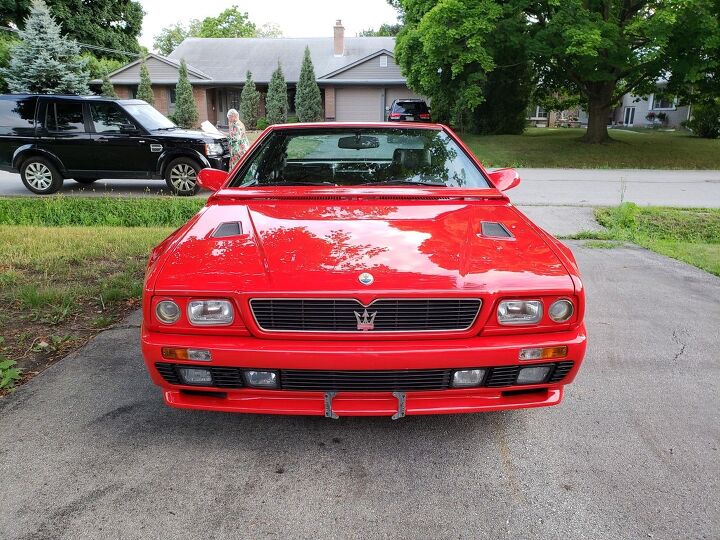



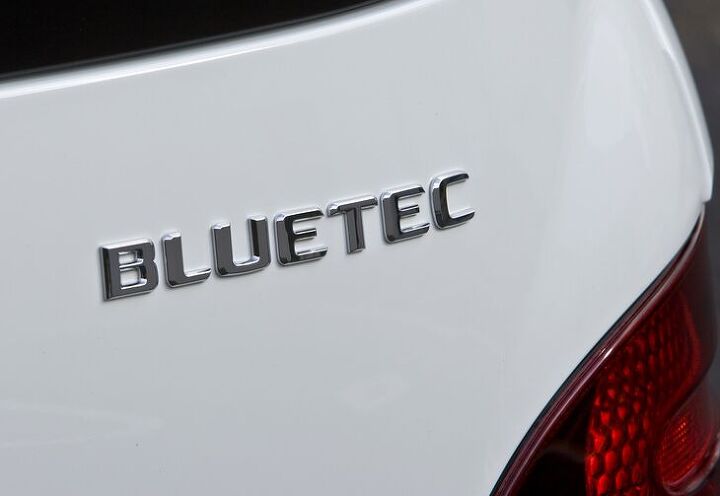

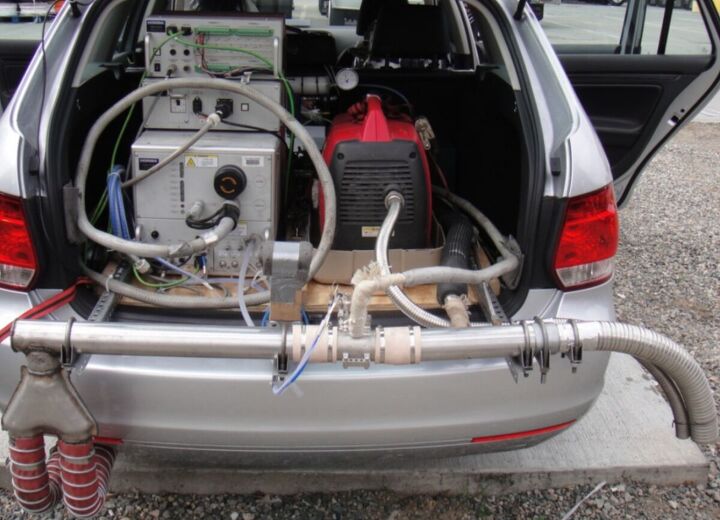
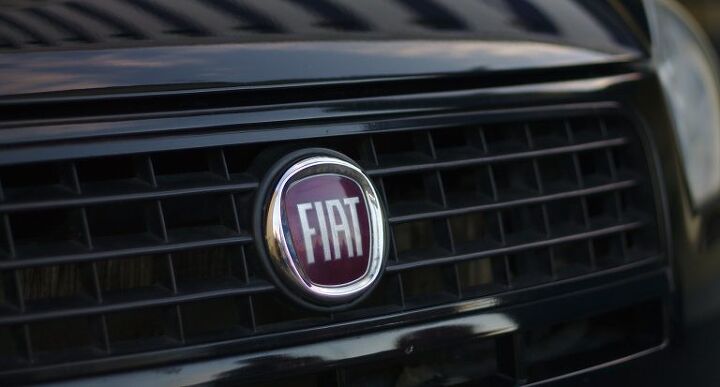

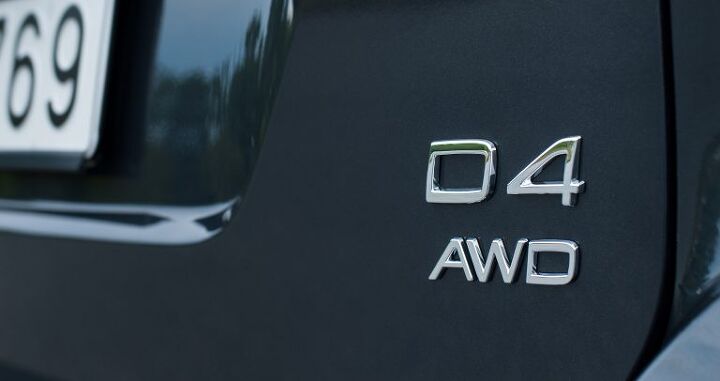
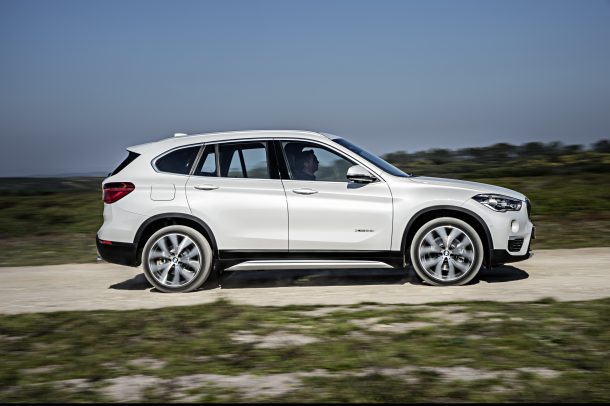













Recent Comments